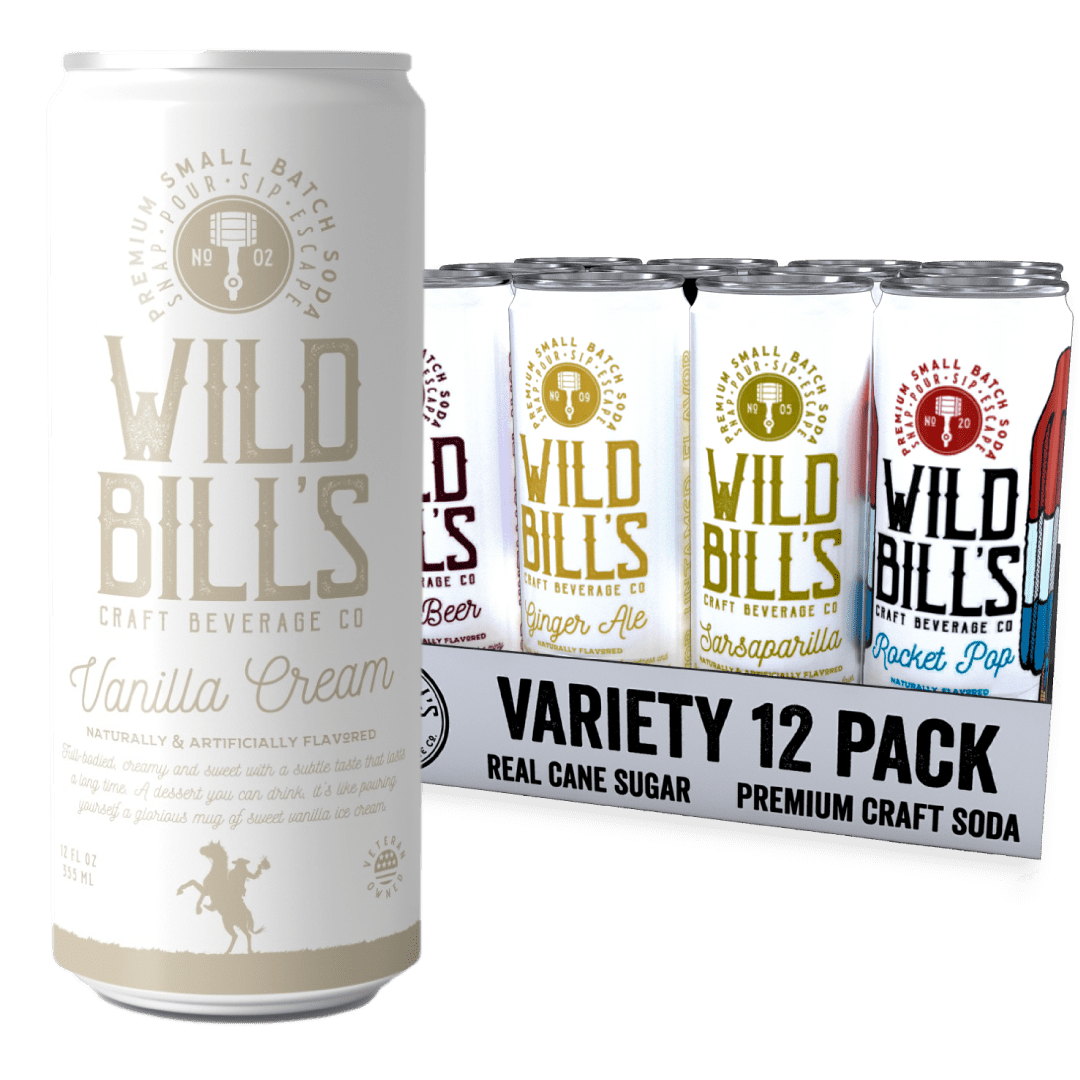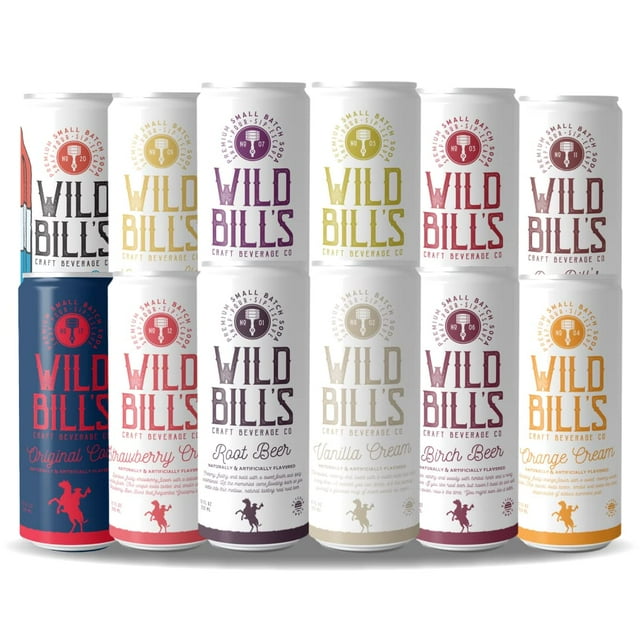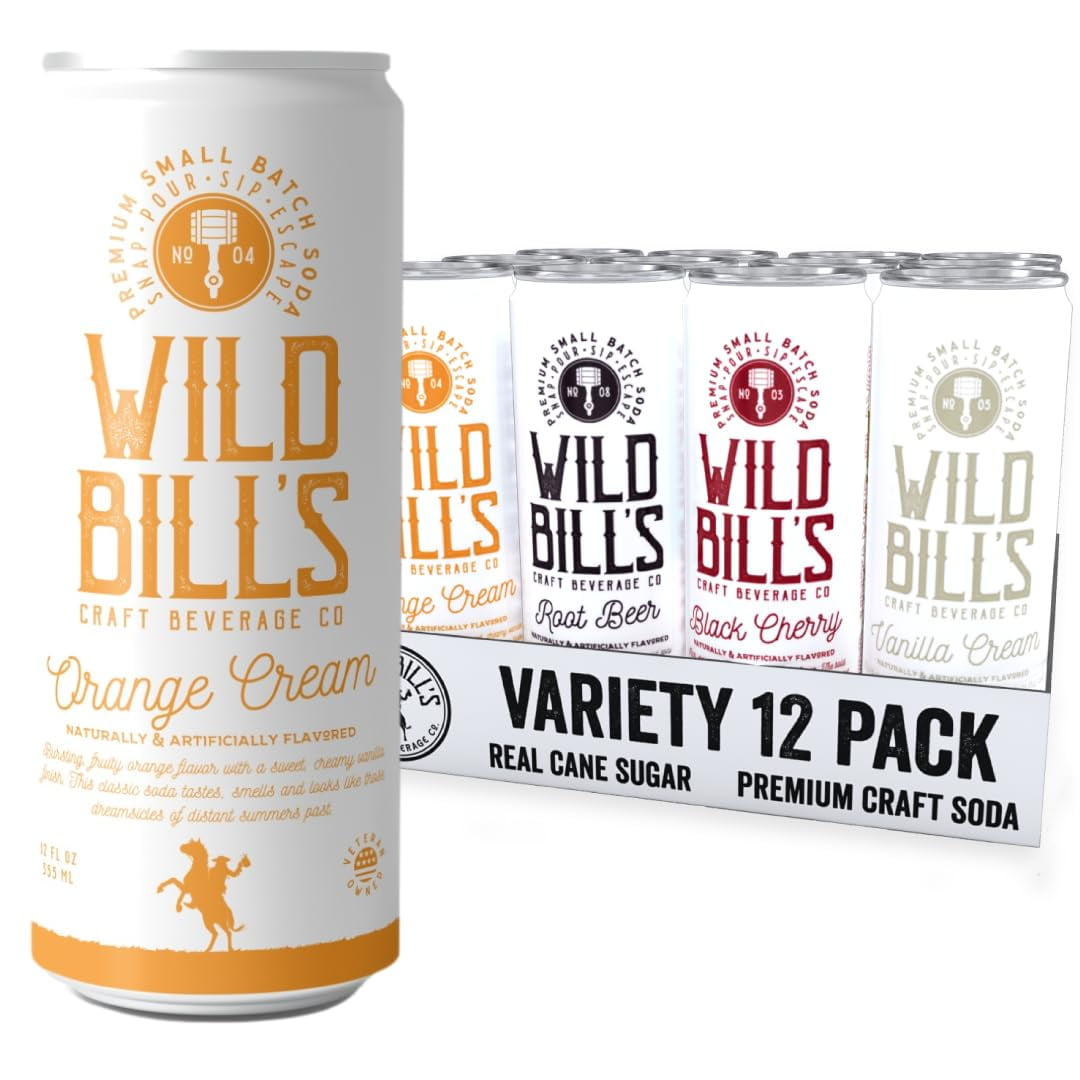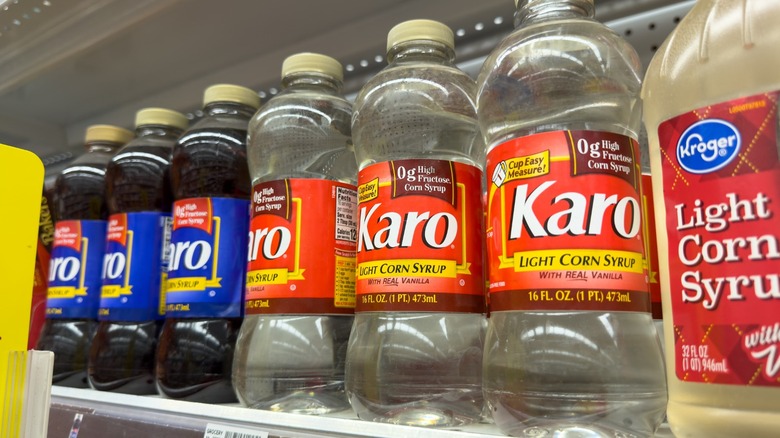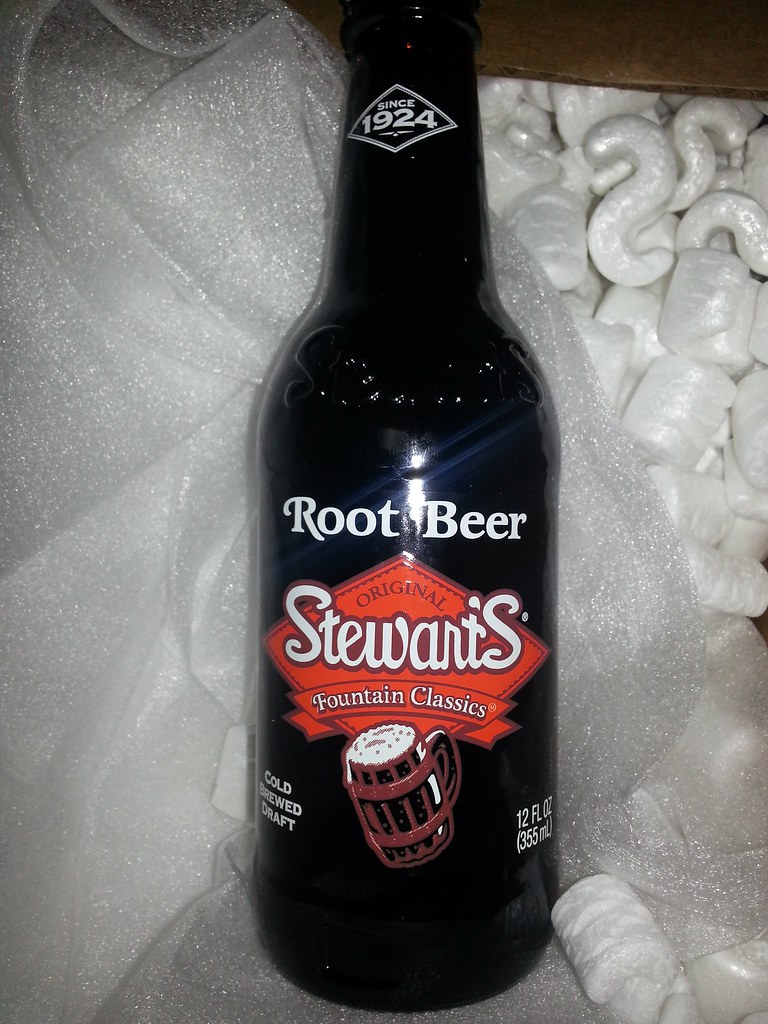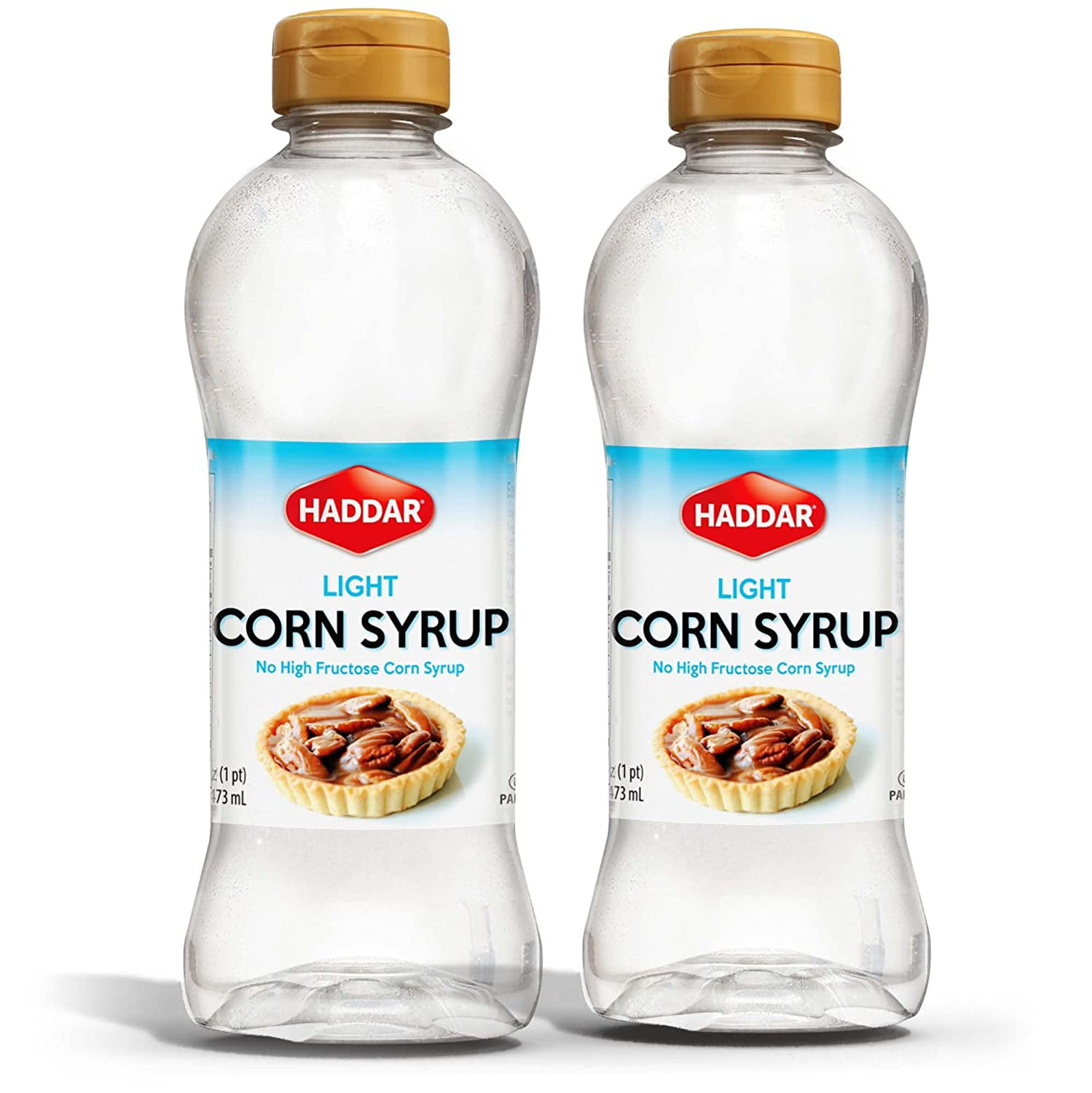Root Beer Without High Fructose Corn Syrup
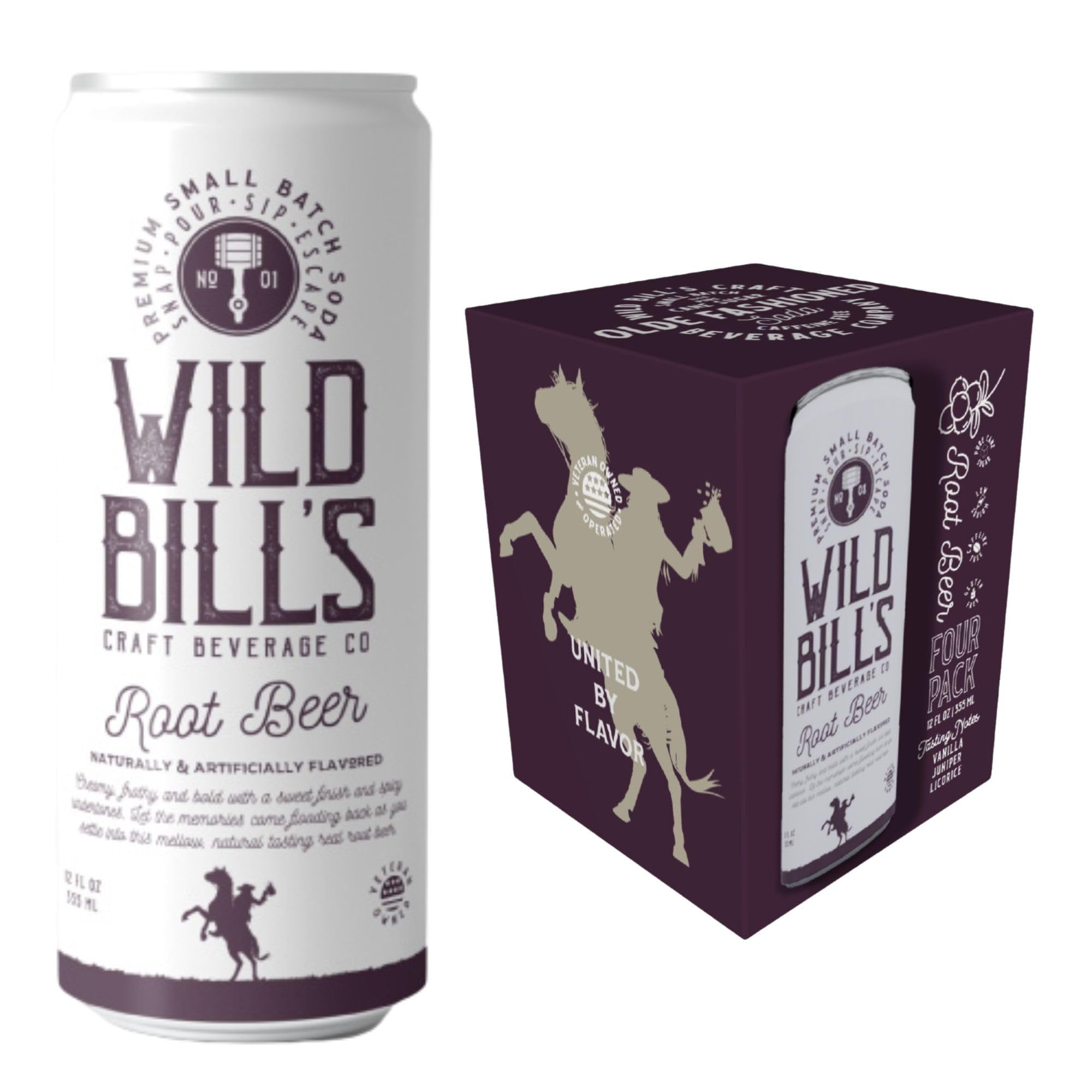
Imagine the fizz tickling your nose, the rich, dark amber swirling in your glass. The unmistakable aroma of sassafras and vanilla hangs in the air, promising a taste of pure, unadulterated nostalgia. But there's something different about this root beer. It’s sweeter, cleaner, and lacks the slightly metallic aftertaste that’s become almost synonymous with the beloved beverage. This isn't just any root beer; it’s a root beer reborn, free from the ubiquitous grip of high fructose corn syrup (HFCS).
At the heart of this quiet revolution is a growing movement of craft brewers and discerning consumers who are rediscovering the joys of root beer made with real sugar and natural ingredients. This shift away from HFCS marks not only a return to traditional recipes but also reflects a broader trend toward healthier and more authentic food and beverage choices.
The Sweet History of Root Beer
Root beer’s origins stretch back to colonial America, where early settlers brewed medicinal concoctions from the roots, barks, and herbs found in their new surroundings. These brews, often fermented and alcoholic, were far removed from the sweet, carbonated soda we know today.
It was pharmacist Charles Elmer Hires who, in 1876, introduced a non-alcoholic version of root tea at the Philadelphia Centennial Exposition, initially marketing it as "Hires Root Tea". Legend has it that he changed the name to "root beer" to appeal to Pennsylvania coal miners.
For decades, root beer recipes varied widely, each brewer boasting a unique blend of flavors. Ingredients like sassafras root (later replaced with artificial flavoring due to concerns about safrole), sarsaparilla, wintergreen, birch bark, and vanilla created a symphony of tastes that defined the drink. However, the introduction of HFCS in the late 20th century began to alter the landscape of root beer production.
The Rise of High Fructose Corn Syrup
High fructose corn syrup, a sweetener derived from corn starch, gained popularity due to its lower cost and ease of production compared to traditional cane sugar. By the 1980s, HFCS had become a staple ingredient in countless processed foods and beverages, including many popular brands of root beer.
While HFCS offered economic advantages for manufacturers, concerns began to emerge regarding its potential health effects. Some studies suggested a link between high consumption of HFCS and increased risks of obesity, type 2 diabetes, and other metabolic disorders. The Corn Refiners Association maintains that HFCS is safe and nutritionally similar to sucrose (table sugar) when used in moderation, but the debate continues.
This controversy fueled a growing consumer demand for products made with natural sweeteners like cane sugar, honey, and maple syrup. This change paved the way for the resurgence of root beer recipes that eschewed HFCS in favor of more wholesome alternatives.
The Root Beer Renaissance
The movement towards root beer without HFCS is being spearheaded by craft breweries and smaller, independent soda companies. These artisans are committed to using high-quality ingredients and traditional brewing methods to create root beers that are both flavorful and healthier.
Companies like Sprecher Brewing Company, known for their fire-brewed sodas, have long championed the use of Wisconsin honey in their root beer, resulting in a uniquely smooth and rich flavor. Others, such as Boylan Bottling Co., have stayed true to their original recipes, using pure cane sugar to deliver a classic root beer experience.
"We believe that quality ingredients make all the difference," says Dave, a small-batch root beer producer from Oregon. "Using real sugar allows the natural flavors of the roots and spices to shine through, creating a more complex and satisfying beverage."
The impact of this shift extends beyond taste. By supporting root beer brands that avoid HFCS, consumers are also contributing to a more sustainable and ethical food system. The demand for cane sugar encourages the preservation of sugarcane farms and provides economic opportunities for farmers and communities that rely on this crop. Furthermore, reducing reliance on corn grown for HFCS can alleviate some of the environmental pressures associated with intensive agriculture.
Finding Root Beer Without HFCS
Locating root beer made without HFCS is becoming increasingly easier. Many natural food stores and specialty grocery stores stock a wide variety of craft sodas, including root beer options that feature real sugar or other natural sweeteners. Additionally, online retailers provide access to a diverse range of brands that may not be available in local stores.
Consumers can easily identify root beer made without HFCS by carefully reading the ingredient labels. Look for terms like "cane sugar," "beet sugar," "honey," or "maple syrup" in place of "high fructose corn syrup." A quick search online can also provide valuable information about specific brands and their ingredients.
Another avenue for discovery is exploring local breweries and soda makers. Many smaller producers are passionate about creating unique and flavorful root beers using traditional recipes and high-quality ingredients. Visiting local farmers' markets and craft fairs can provide opportunities to sample these artisanal beverages and support local businesses.
The Future of Root Beer
The movement towards root beer without HFCS is a testament to the power of consumer demand and the growing desire for healthier, more authentic food and beverage choices. While HFCS remains a prevalent ingredient in many mass-produced sodas, the resurgence of traditional recipes and the rise of craft brewing suggest that the future of root beer is moving in a sweeter, more natural direction.
As consumers become more informed and discerning, the demand for root beer made with real sugar and natural ingredients is likely to continue to grow. This trend will not only benefit our health but also contribute to a more sustainable and ethical food system.
Ultimately, the choice between HFCS and real sugar comes down to personal preference. However, for those seeking a taste of pure, unadulterated nostalgia, root beer without HFCS offers a refreshing and satisfying alternative that captures the true essence of this beloved American classic.

